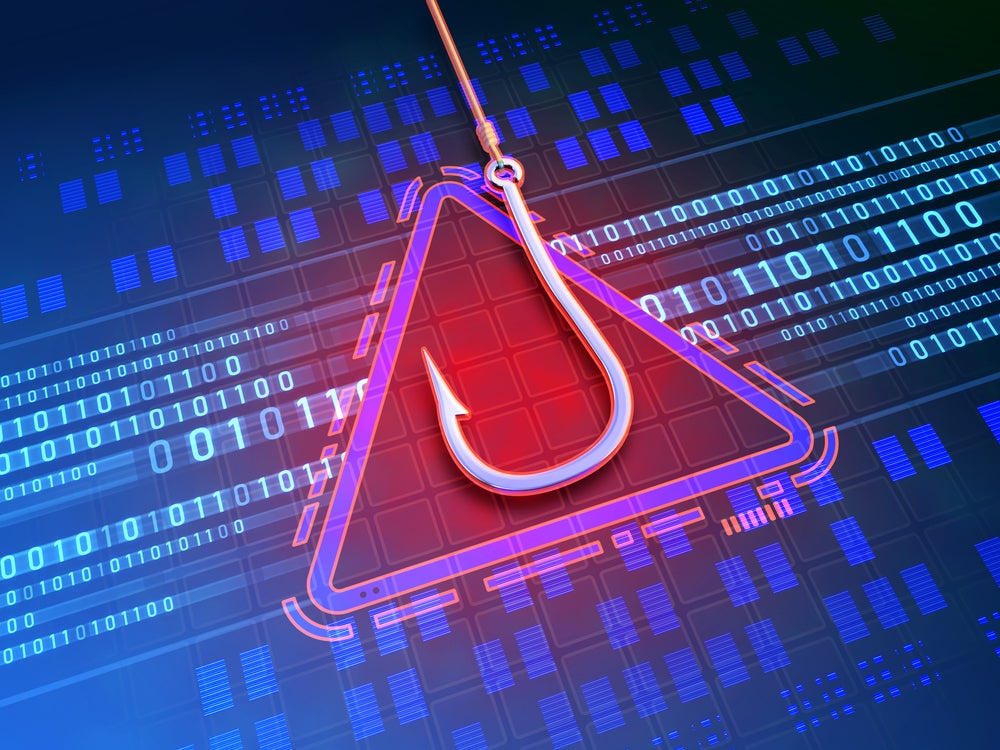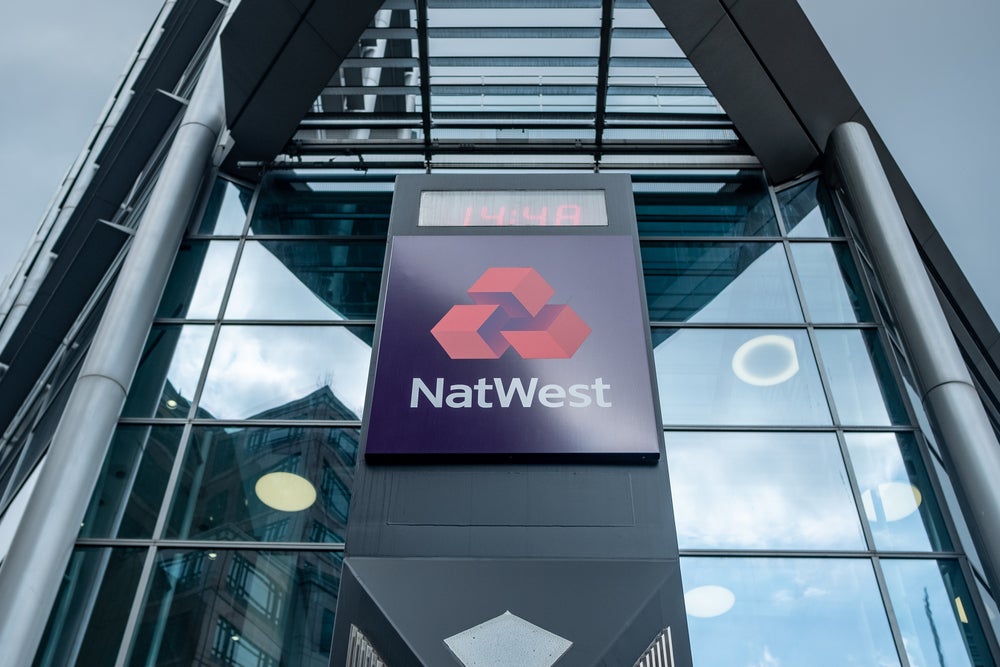
Standard Chartered Consumer, Private, and Business Banking (CPBB) arm has launched an internal phishing campaign to refresh awareness.
This comes at a time where various organisations have shown phishing to be at a high.
The National Cyber Security Centre (NCSC) in the UK received 12 million reported scams as of June 2022.
Furthermore, the international coalition Anti-Phishing Working Group noted 1,025,968 total phishing attacks in the first quarter of 2022.
In addition, a poll from Saltus found that wealthier individuals are more likely to receive a phishing attack. It stated that people with assets of more than £2m are almost twice as likely to be defrauded as those with assets under £500,000.
Standard Chartered phishing campaign
During July 2022, the CPBB campaign ran various activities for staff. These included interactive webinars featuring subject matter experts and brain training games.
How well do you really know your competitors?
Access the most comprehensive Company Profiles on the market, powered by GlobalData. Save hours of research. Gain competitive edge.

Thank you!
Your download email will arrive shortly
Not ready to buy yet? Download a free sample
We are confident about the unique quality of our Company Profiles. However, we want you to make the most beneficial decision for your business, so we offer a free sample that you can download by submitting the below form
By GlobalDataOver 1,600 employees attended the webinars with a large majority feeling more confident in recognising and reporting phishing attacks than beforehand (25%). Additionally, 5,000 employees took part in the phishing games, with 75% obtaining a perfect score.
Gary Taylor, chief operating officer for Europe, Standard Chartered Private Bank, said: “Anyone can be a victim of phishing, no matter where they’re located or how much wealth they have, and private banks have an important role to play helping their clients stay safe against fraudsters.
“Regular and current employee training is essential to raise awareness and prevent phishing attempts, and it’s important that the Europe team participated in the phishing campaign to help give our wealthy clients confidence their personal data is protected.”
Clients are also being educated on phishing by Standard Chartered with methods including:
- Fraud awareness emails and texts sent directly to clients;
- Fraud workshops available to wealthy individuals in their onshore countries;
- Internal training for employees, like the phishing campaign;
- Transactions monitored across all channels for any indications of activity that may not be aligned with a client’s usual financial behaviour and client text alerts for all payment activity, and
- A dedicated team of support staff that can assist with any client queries on fraud concerns.
Hackers and cybercriminals tend to be one step ahead of regulators and companies, so how does one remain vigilant against these threats?
Speaking to PBI, Taylor added: “Cybercriminals have become more sophisticated, taking advantage of situations and new technologies to attack organisations and / or individuals.
“For example, COVID-19 opened the doors for new types of fraud and increases in existing schemes. To help stay ahead, there are a couple of key things private banks and individuals can do: continually educate ourselves and spread the message to raise awareness of potential fraud; contact your bank to report fraud because the quicker you raise the alarm, the better, and it creates a more accurate picture of current fraud activity that we can learn from, and invest in technology solutions to help identify and prevent fraud. For example, parts of the Bank has the ‘threatmetrix’ (TMX) technology. Through TMX, we now have greater ability to identify ‘mule’ accounts that are fraudulent accounts set up though stolen or bought credentials to receive proceeds of crime (usually fraud).”






